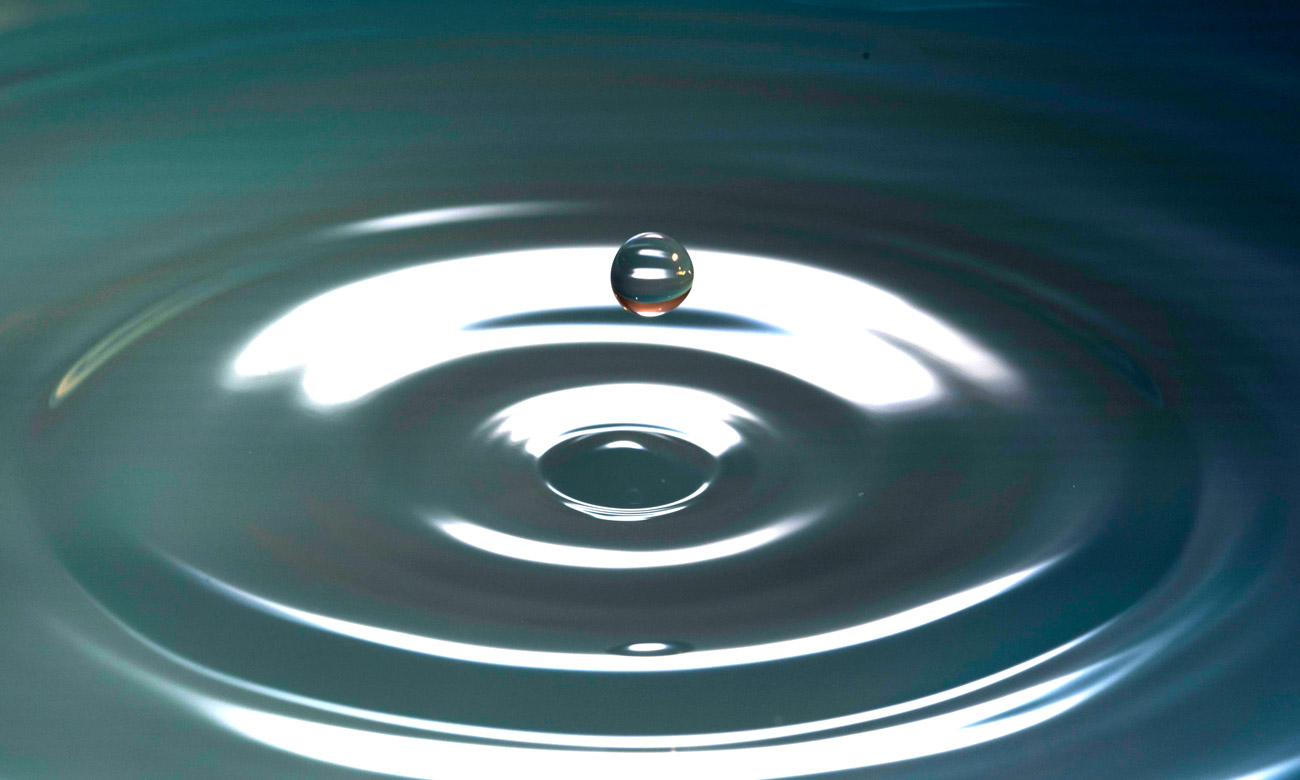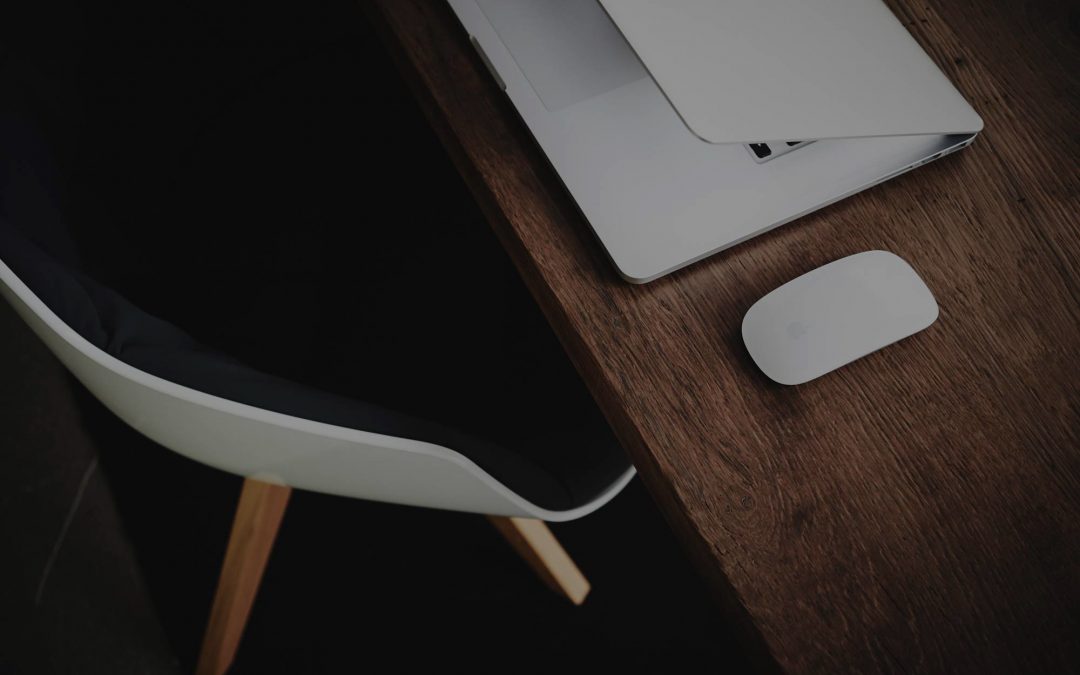OUR SERVICES
Stay Dry: How to Manage, Treat and Cure Urinary Incontinence
Do you know how common it is to experience leakage of urine when you cough, sneeze or laugh?
Over 3.3 million Canadians experience urinary incontinence and one half of all women will experience problems with incontinence at some point in their lives.

Individualized continence therapy will help you improve proper function and muscle control.
Image via Unsplash
Often, people suffering from incontinence will feel embarrassment and anxiety and may feel unsure how to deal with this condition. Many may prefer to say nothing and try to hide the symptoms from others rather than address the problem. They may not be aware that much can be done to help them to manage, treat or even cure their condition.
How the bladder works
The bladder is the storage reservoir for urine. It is made up of muscle; like a balloon, it can expand and contract. Urine leaves the bladder through a tube-like structure called the urethra. When the bladder fills with urine, the bladder wall expands (like a balloon) and stretch receptors are stimulated. At a certain point during bladder filling, these receptors send signals to the brain, which inform us of the need to urinate. The brain then sends a signal to our bladder muscle to contract and expel the urine. Once we graduate from toddler-hood, we have learned to control this desire to urinate until we can find an appropriate time and place. This ability is provided by the urethral sphincter, a ring of muscle that surrounds the urethra, and controls the flow of urine from the bladder.
Continence therefore depends on the proper functioning of the urinary tract system and the muscle control of the urethral sphincter.

Defy the natural aging process with an individualized treatment plan.
Image via Unsplash
Causes of urinary incontinence
Childbirth & Pregnancy: Incontinence can be caused by damage to the muscles and nerves of the pelvic floor and/or urinary sphincter during vaginal delivery. This damage can also lead to pelvic organ prolapse, which can occasionally lead to incontinence. Lastly, hormonal changes during pregnancy and the added weight of a growing uterus can also contribute to incontinence.
Age: The natural aging process may contribute to incontinence due to weakening of the bladder muscles.
Other Causes: These include birth defects, side effects of medication or pelvic surgery, injuries from an accident or trauma, bladder cancer and bladder stones.
Your physiotherapist can carry out an assessment of the underlying cause of your symptoms and provide individualized treatment and exercise to assist you in improving and even curing this condition. Call us at 604 568 4628 or book an appointment online today.
What our clients are saying
Go! Physiotherapy is my go-to! The environment is relaxing, open, and inviting. The staff are friendly, and my therapist is one of the best I have had in years. They offer multi-faceted diagnoses on the symptoms and not only do they relieve the pain, but they also teach me exercises to treat and strengthen the problematic area.
Call us at 604 568 4628 for more information on any of our physiotherapy services. Even if you don’t see a treatment on the list, give us a ring and we’ll be glad to point you in the right direction!
filed in

TeleRehab FAQs
RESOURCE LIBRARY Go! Physiotherapy Staff FREQUENTLY ASKED QUESTIONSDue to the COVID-19 pandemic affecting our community, we are committed to keeping our patients and staff safe by providing online video and phone calls (telerehab) until physical distancing measures...

Clinic Updates
LATEST NEWS Go! Physiotherapy Staff December 2021 - A Warm Welcome! We have GREAT news! Would you give a warm welcome to our team's newest member, physiotherapist, Nushaba Islam. We are very excited to have Nushaba join us on the...
Unlock Your Body’s Strength and Mobility Today
Book Online
Current patient? New, but know exactly what you’re looking for?
Contact Us
Never tried physiotherapy? Not sure where to start? Our friendly staff will guide you towards the best treatment for your situation.
Call: 604-568-4628
Email: go@gophysiotherapy.ca
